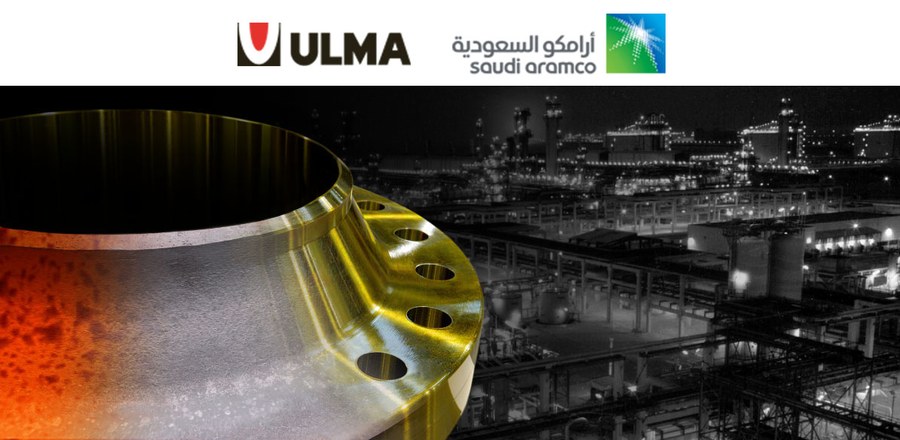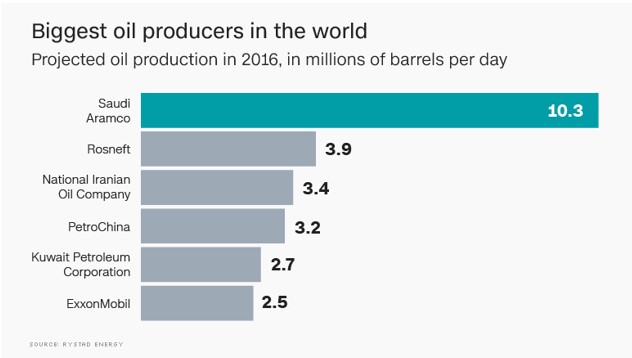ULMA Piping achieves re-certification with Aramco, the world’s largest oil Company

ULMA Piping is once again on the approved suppliers list of ARAMCO, the largest oil company in the world, after two years of work to achieve it.
The relationship between the oil company ARAMCO and ULMA Piping began more than 40 years ago, around 1976. However two years ago, in January 2017, ARAMCO cancelled its certification of ULMA Piping due to supply quality problems.
After two years’ preparation, hard work and great dedication in improving processes to ensure the quality of its products, ULMA Piping has achieved re-certification in the Arab oil company.
In addition to the effort, it is also worth highlighting the great investment in machinery and training to achieve it.
The re-approval will enable ULMA to participate in the megaprojects that SAUDI ARAMCO is currently pursuing in the Kingdom. Saudi Arabia Aramco continues to be a very active company in the oil and gas market and has been one of ULMA Piping’s most important clients since its beginning.

Aramco is the largest oil Company in the world and produces more tan 10 million barrels of crude a day. Its main headquarters are in Dhahran, east Saudi Arabia, where the company’s first prospecting took place in 1935.
They are the largest producers of oil worldwide (in millions of barrels / day) and their oil reserves are more than 261 billion barrels, ten times more than US oil company ExxonMobil. It produces one out of every eight barrels in the world.
Aramco employs 51,000 Saudis and 10,254 foreigners from 77 countries distributed throughout its subsidiaries in China, Egypt, Japan, India, the Netherlands, South Korea, Singapore, the United Arab Emirates, Great Britain and the United States.
Its main market is Asia. It absorbs 62.3% of its crude exports, 46.4% of its refined products and 25.5% of its exports of natural or liquefied gas.







